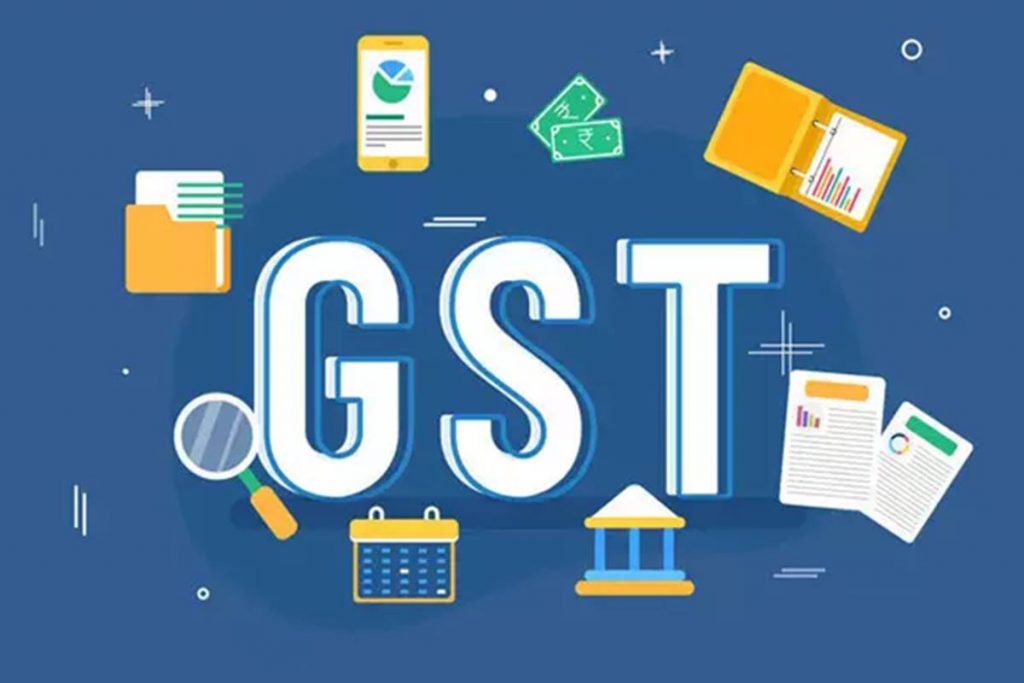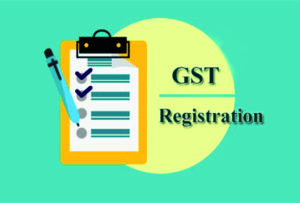

User Intent
When businesses make cash sales, they often wonder whether they need to issue a tax invoice for Goods and Services Tax (GST). This article clarifies the GST invoicing requirements for cash transactions, explaining when and how a tax invoice should be issued.
Introduction
GST regulations can be confusing, especially when dealing with cash transactions. Business owners must understand whether issuing a tax invoice is mandatory and how compliance affects tax reporting. This article provides a detailed, step-by-step guide to help businesses stay compliant with GST laws while handling cash sales.
Definition
A tax invoice is a legal document that contains specific details about a taxable supply. It serves as proof of a transaction and enables the buyer to claim Input Tax Credit (ITC), where applicable.
Cash sales refer to transactions where customers pay in cash rather than using credit or other payment methods. These transactions may involve direct purchases at retail stores, small businesses, or service providers.
Application of GST on Cash Sales
- Threshold Limits: If a business is registered for GST, it must charge GST on taxable sales, regardless of whether the transaction is in cash or digital payment.
- Issuing Tax Invoices: Generally, businesses must issue a tax invoice if the sale exceeds the prescribed threshold (varies by country). For sales below this limit, a simplified invoice or receipt may be sufficient.
- Exceptions: If the buyer is not registered for GST and does not require ITC, a simple invoice may be provided.
- Retail Sales: In many jurisdictions, businesses conducting retail sales (e.g., supermarkets) may issue receipts instead of full tax invoices unless specifically requested by the customer.
- Regulatory Compliance: Businesses must maintain proper records of all transactions, including cash sales, to ensure tax compliance.
Benefits of Issuing a Tax Invoice for Cash Sales
- Tax Compliance: Ensures adherence to GST laws, preventing legal complications or penalties.
- Customer Trust: Providing a tax invoice reassures customers of transparency and legitimacy.
- Input Tax Credit (ITC) Eligibility: Buyers who are GST-registered can claim ITC when a proper tax invoice is issued.
- Audit Readiness: Proper documentation helps businesses stay prepared for audits and inspections by tax authorities.
- Financial Accuracy: Improves record-keeping and financial reporting accuracy.
- Avoiding Tax Evasion Issues: Issuing a tax invoice ensures proper declaration of income, reducing the risk of tax evasion allegations.
Limitations of Issuing a Tax Invoice for Cash Sales
- Additional Administrative Work: Businesses may find issuing tax invoices for every cash transaction time-consuming.
- Storage and Record-Keeping: Maintaining records of every invoice adds to the administrative burden.
- Unnecessary for Small Transactions: For minor cash sales, customers might not require a tax invoice, making issuance redundant.
- Customer Resistance: Some customers might prefer not to provide details for an invoice, particularly for personal purchases.
- Potential Errors: Manually generating tax invoices for cash sales increases the risk of clerical mistakes.
Comparative Table: Tax Invoice vs. Cash Receipt
| Feature | Tax Invoice | Cash Receipt |
|---|---|---|
| Purpose | Proof of taxable sale & ITC eligibility | Acknowledgment of payment |
| Required for ITC? | Yes | No |
| Mandatory for GST? | If above threshold | No (unless requested) |
| Contains GST Details? | Yes | No |
| Issued for Retail Sales? | On request or mandatory for B2B | Common for B2C transactions |
| Legal Requirement? | Yes (above prescribed limit) | No (unless tax invoice is required) |
Conclusion
Issuing a tax invoice for cash sales depends on the nature of the transaction, the amount involved, and the buyer’s GST registration status. Businesses must adhere to GST laws by issuing tax invoices when required, ensuring proper record-keeping, and maintaining transparency. Understanding these requirements not only helps in tax compliance but also enhances credibility and financial accuracy.
FAQs
- Is a tax invoice mandatory for all cash sales?
No, it is mandatory only if the sale exceeds the GST threshold or if the buyer requests an invoice for claiming ITC. - What should a tax invoice include?
A tax invoice must contain the seller’s and buyer’s GST details, date, description of goods/services, tax amount, and total cost. - Can I issue a simple receipt instead of a tax invoice?
Yes, for small B2C transactions where the buyer does not require an invoice for ITC, a simple receipt is sufficient. - What happens if I do not issue a tax invoice when required?
Failure to issue a tax invoice can lead to penalties, fines, or legal actions from tax authorities. - Can tax invoices be issued digitally for cash sales?
Yes, digital tax invoices are valid as long as they meet GST compliance requirements. - Are there any exemptions for issuing tax invoices?
Some sectors, such as certain retail businesses, may be exempt from issuing tax invoices for small cash sales unless requested by the buyer.
To visit: https://www.gst.gov.in/
Contact:Â Â Â Â 8130555124, 8130045124
Whatsapp:Â Â https://wa.me/918130555124
Mail ID:Â Â Â Â Â Â operations@vibrantfinserv.com
Web Link:Â Â Â https://vibrantfinserv.com
FB Link:Â Â Â Â Â Â https://fb.me/vibrantfinserv

Insta Link:Â Â https://www.instagram.com/vibrantfinserv2/
Twitter:Â Â Â Â Â Â https://twitter.com/VibrantFinserv
Linkedin:Â Â Â https://www.linkedin.com/in/vibrant-finserv-62566a259/